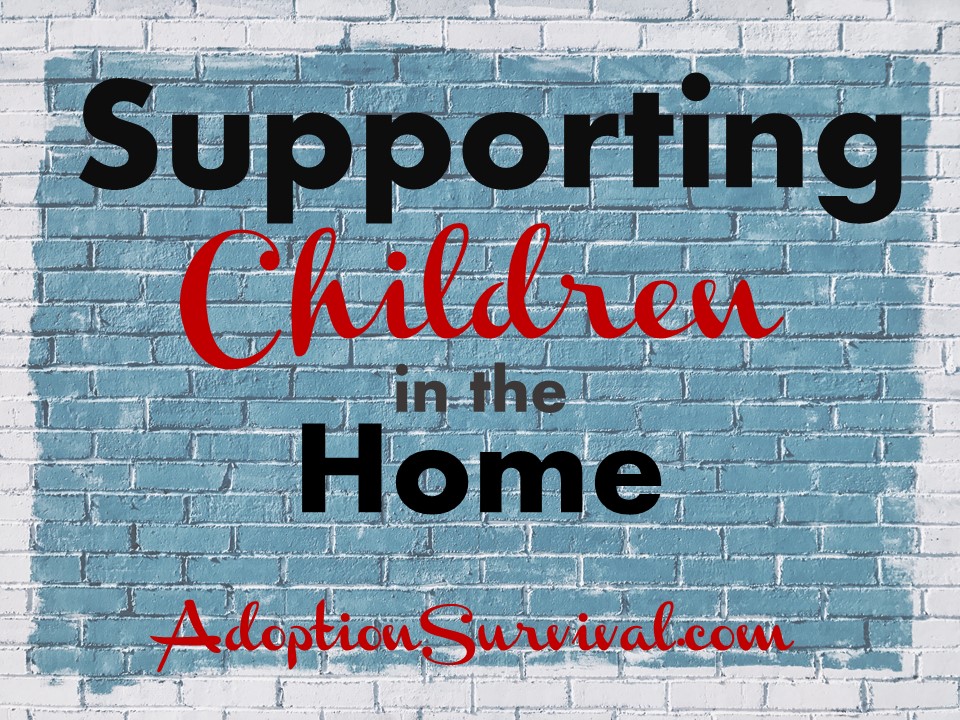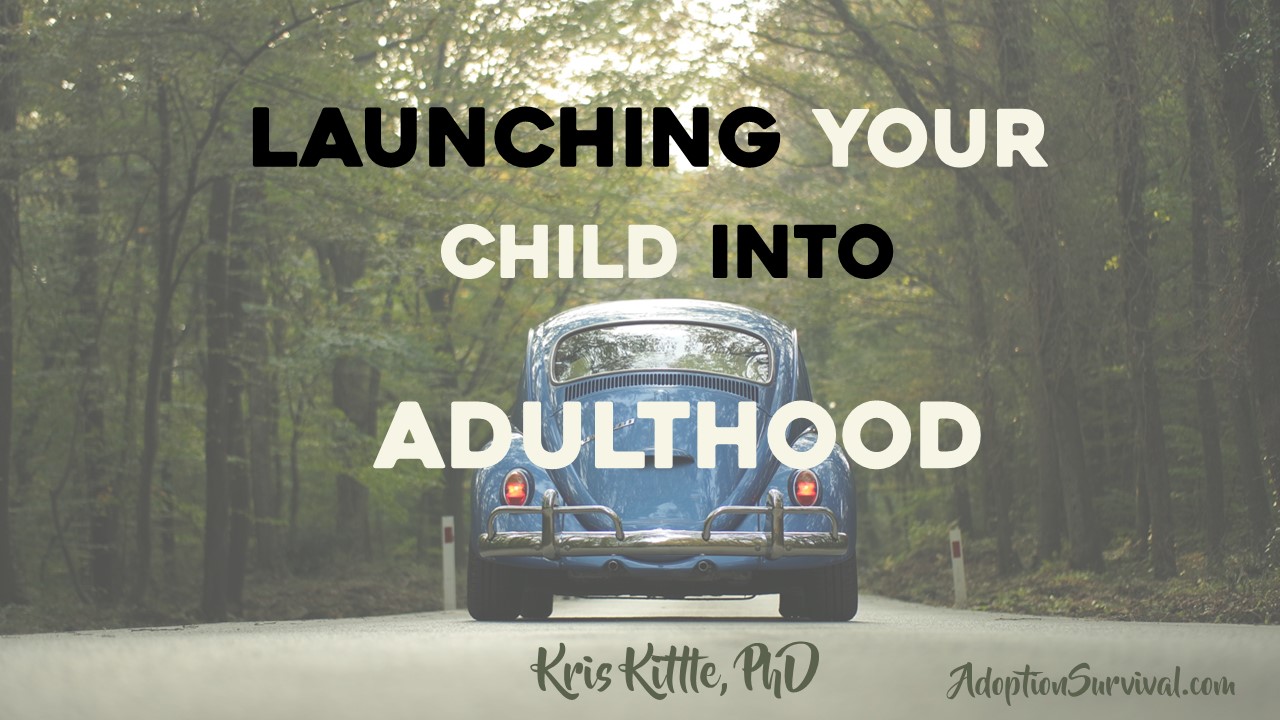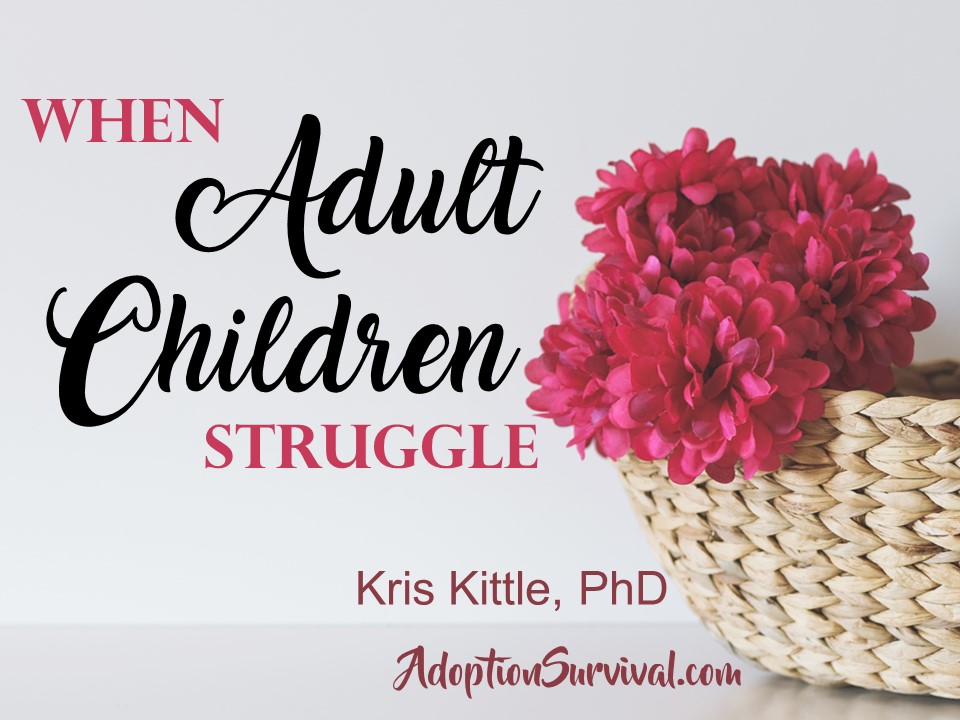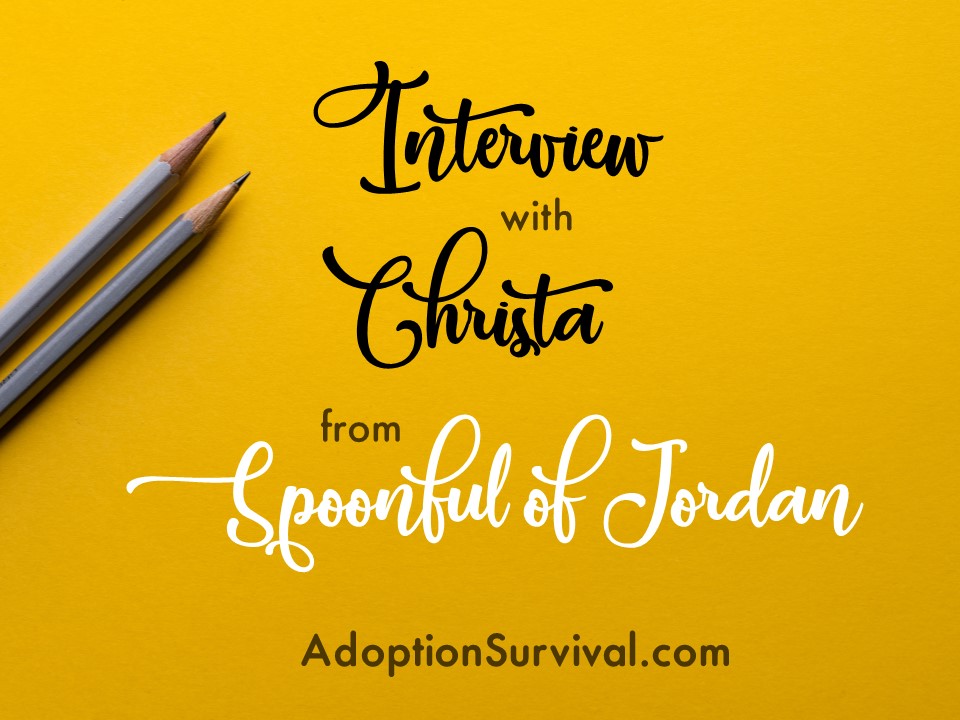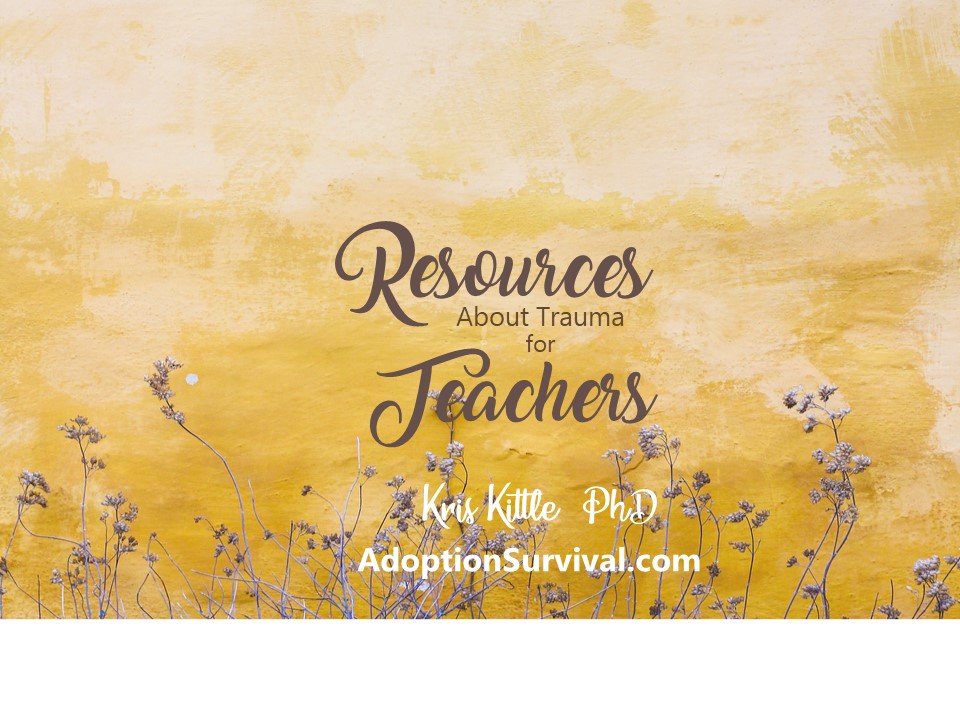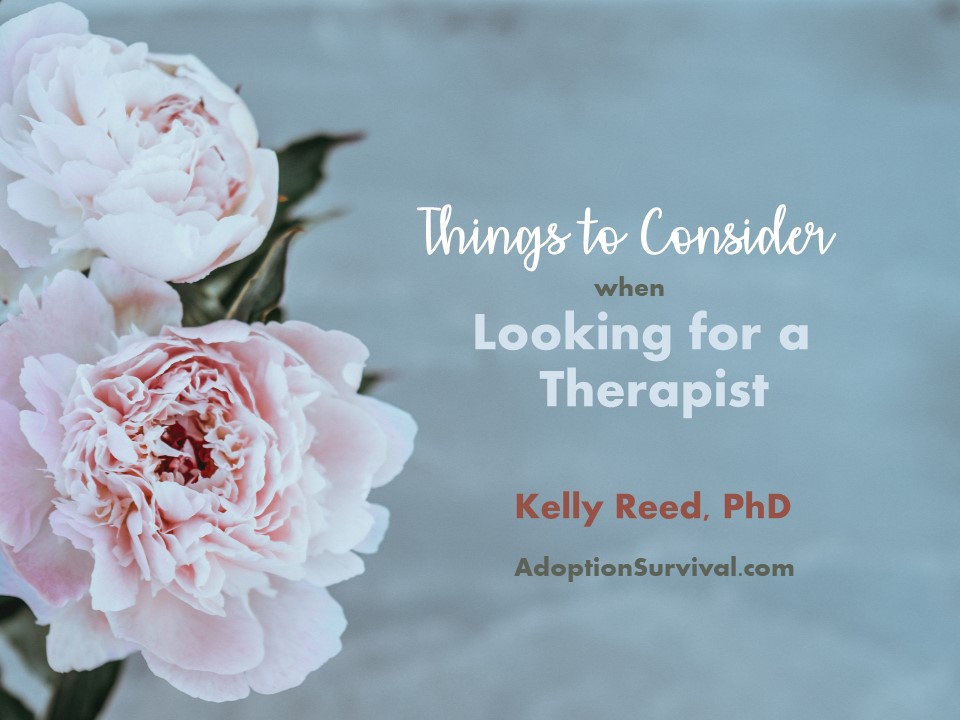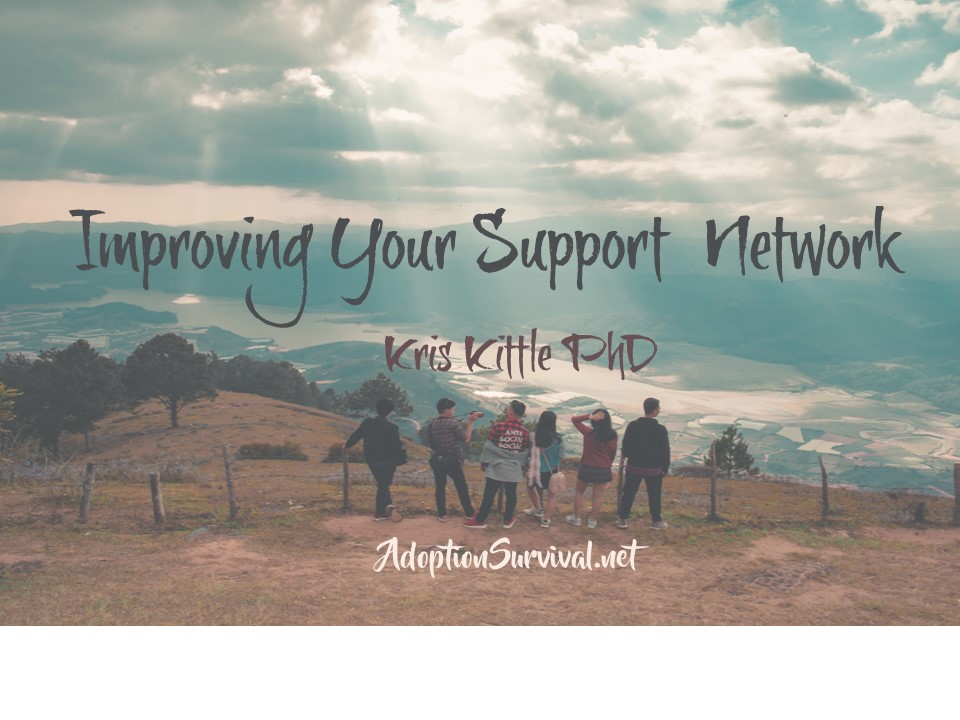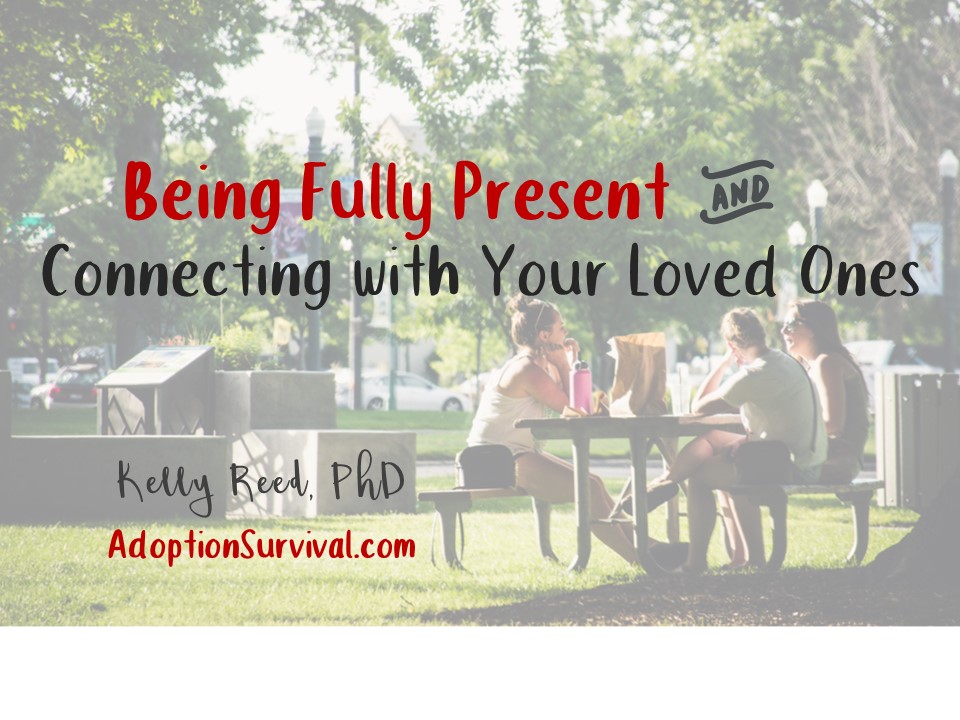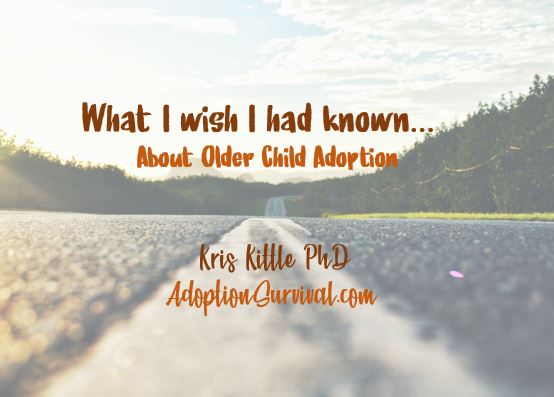In honor of National Adoption month, we interviewed Christa Jordan from Spoonful of Jordan. We met Christa and her husband, Jonathan, at Tapestry Conference. Christa has written a workbook to help prospective adoptive families determine which type of adoption is best for their family. We hope you find this interview helpful.
Please tell us about yourself, and what experience you have with adoption or the adoption community?
Jonathan and I have been married for 9 years. I’m mama to our 6 year old son who came to our family through international adoption from Japan in 2014. Aside from being adoptive parents, we both have backgrounds in social work: I hold a BSW and Jonathan worked in foster care for 8 years. I’ve served the foster and adoption community in a variety of ways from mentoring to leading support groups for waiting families. My favorite job, however, is being stay-at-home mom and homeschooling our son! I love to write and process life through words so I started blogging before we began our adoption process. You’ll pretty much always find me with a cup of coffee in my hand and likely quoting something from Mary Poppins.
What led you to write the workbook Before You Adopt: A Guide to the Questions You Should Be Asking?
The workbook was born out of many conversations and what we wished we would have considered before adopting. Personally, we were the first in our circle who decided to grow our family through adoption. After we came home, I began getting connected to those interested in adoption or foster care through friends, my blog or social media. I started meeting with people and began asking the kinds of questions I included in the workbook. Over and over as I asked the hard questions, I would hear “I’ve never thought about that.” Additionally, I noticed a lack of practical education and preparation for families in the process. While trainings offered great stories, rarely did I see a holistic view or practical tools. Even though we that were really prepared for adoption, there were many things we struggled with or simply were not prepared for. I’ve watch many families walk through incredibly difficult things and feel some could have been prevented or less difficult with conversations had beforehand. But, you don’t know what you don’t know! I searched for a resource like this. When I could not find one, I decided to write it!
What would you like your readers to get from reading and utilizing this workbook?
I want readers to learn how to think holistically and outside of the box. Often people come to adoption or foster care without previous knowledge or experience. They don’t even know what they should be thinking about and working through, or asking professionals and preparing for. My goal was not to give all the answers. I believe there are ethical practices and general guidelines that everyone should know and follow, but there are so many variables on the journey. The journey is going to look different based on your past, preferences, beliefs and worldview. My hope is that people will feel more empowered and less overwhelmed by working through the workbook.
What do you think is most important for those considering the journey of adoption?
There are several things. First, if you are married, it is essential that your decision is 100 percent unified. I have seen so many couples come into this with one being passionate while the other is dragged along. That will not work. It won’t be good for the child or children who may be coming into your family, and it is certainly not good for your marriage either. I intentionally designed the workbook for each person to have a copy to work through the questions as individuals, then come back together to talk about your answers. You will quickly identify areas you need to discuss, do more research and ask for help. If you’re single, I encourage you to find someone you fully trust who will be an essential part of your support to be your sounding board on questions. Secondly, I think every prospective adoptive parents need to closely examine at their expectations and motivations. I believe it so important that I dedicated an entire section of the workbook about that.
What do you think makes a good book on adoption?
I think one that encourages you to look at the complexity of adoption and foster care. Carissa Woodwyk calls it the “both/and” which is my favorite phrase. If a book only gives the beauty and doesn’t address any of the loss or pain in adoption and foster care, that’s a problem. Likewise, if it’s addressing only the pain and not the beauty, healing and restoration, that’s also a problem. Both can be held together, simultaneously, and I think that is incredibly important. Another big thing to look for: is it honoring to all members of the triad (birth parents, adoptees, and adoptive parents)? It is important to know how the book is centered as it impacts the narrative.
Are you working on anything at the present you would like to share?
I’m working on my second book which is scheduled to publish in January 2020! It is very different from my workbook. It is our story of how God has moved so many mountains in our lives from our marriage, to finances, and adoption. I’ve entitled it Moving Mountains, and I hope others will find it encouraging when in a difficult season.
If you are considering adoption (or know someone who is), we hope that you consider getting a copy of her workbook! You can find it here. It is a helpful resource.
